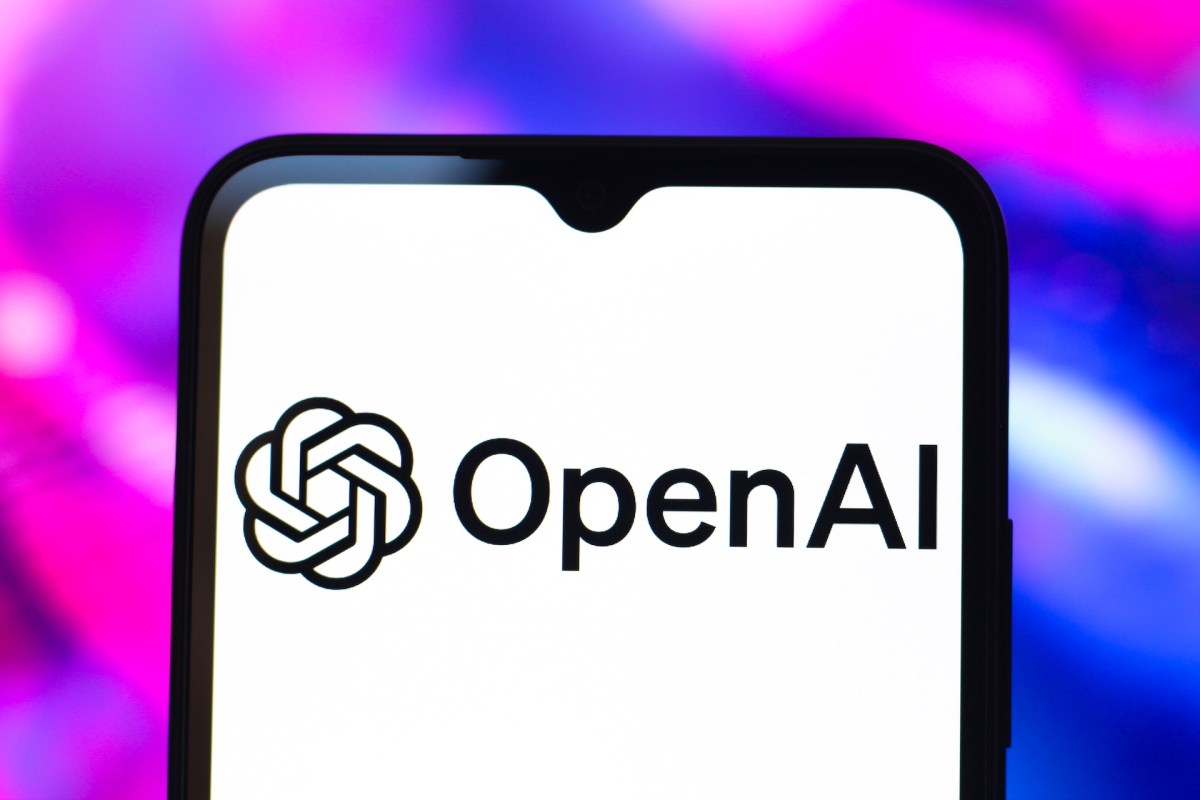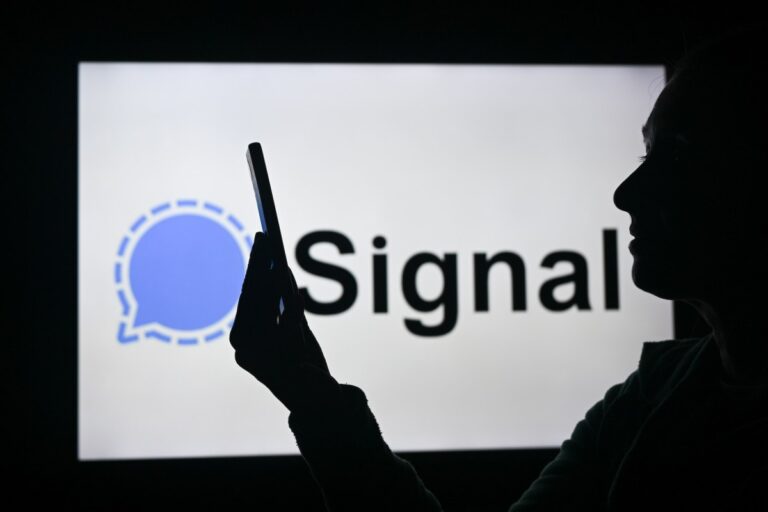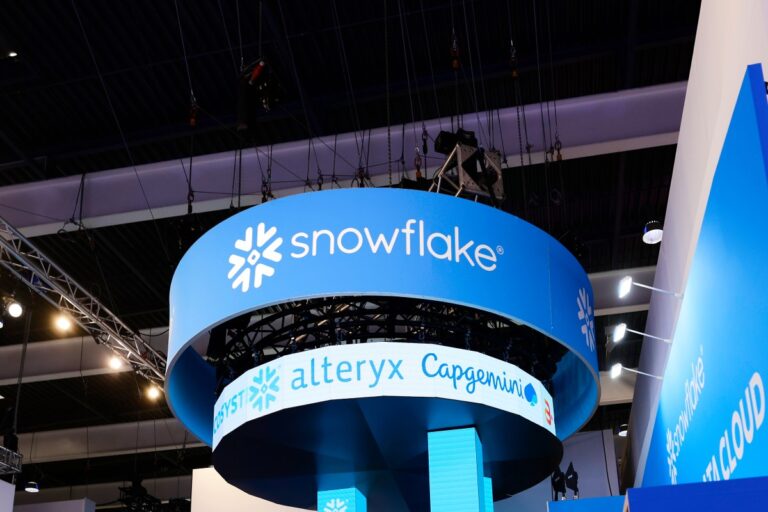OpenAI Shifts Strategy: Nonprofit Retains Control Over Business Operations
OpenAI has made a significant decision regarding its organizational structure, opting for its nonprofit division to maintain control over its for-profit entity. This move comes after initial plans to transition fully to a for-profit organization, highlighting the ongoing evolution of OpenAI’s mission and governance.
OpenAI’s Transition to a Public Benefit Corporation
OpenAI’s business branch, which has been under nonprofit governance since 2019, will now transition into a Public Benefit Corporation (PBC). The nonprofit entity will retain control and hold a substantial share in the PBC.
Statement from OpenAI Board Chairman
Bret Taylor, Chairman of the OpenAI Board, emphasized the importance of the nonprofit’s role in a recent blog post: “OpenAI was founded as a nonprofit, and is today overseen and controlled by that nonprofit. Going forward, it will continue to be overseen and controlled by that nonprofit.”
Community Engagement and Feedback
OpenAI’s decision was influenced by feedback from civic leaders and constructive discussions with the offices of the Attorney General of Delaware and California. Taylor expressed gratitude for the ongoing dialogue aimed at ensuring OpenAI can effectively pursue its mission.
The History of OpenAI’s Structure
- Founded as a nonprofit in 2015.
- Transitioned to a “capped-profit” model in 2019.
- Nonprofit retains a controlling stake in the enterprise.
This recent restructuring aims to secure the necessary capital for growth while preserving the nonprofit’s mission to invest in charitable initiatives in areas such as healthcare, education, and science. In return for its controlling stake, the nonprofit is poised to gain billions of dollars.
Opposition to the Proposed Changes
Several stakeholders, including early investor Elon Musk, have opposed the proposed changes. Musk has filed a lawsuit against OpenAI, claiming that the company’s shift undermines its original nonprofit mission aimed at benefiting humanity through AI research.
Legal Proceedings and Community Support
Musk’s request for a preliminary injunction to halt the conversion was denied by a federal judge, but the case is set for a jury trial in spring 2026. Additionally, a coalition of former OpenAI employees and organizations like Encode have submitted amicus briefs in support of Musk’s lawsuit.
The Stakes for OpenAI
OpenAI faces high stakes as it attempts to complete its conversion to a for-profit status within the next year. Failing to do so may jeopardize access to crucial capital raised in recent months. The implications of this decision remain uncertain.
CEO’s Vision for the Future
In a letter to employees published on OpenAI’s blog, CEO Sam Altman shared the vision that OpenAI may eventually need “trillions of dollars” to achieve its goal of making its services widely accessible. He stated, “[OpenAI’s nonprofit] will become a big shareholder in the PBC in an amount supported by independent financial advisors.”
Altman emphasized the transition to a standard capital structure where all stakeholders have stock and expressed eagerness to further develop plans in collaboration with partners, including Microsoft, and newly appointed nonprofit commissioners.
For more insights on OpenAI’s developments, stay connected with us as we continue to monitor this evolving story.







